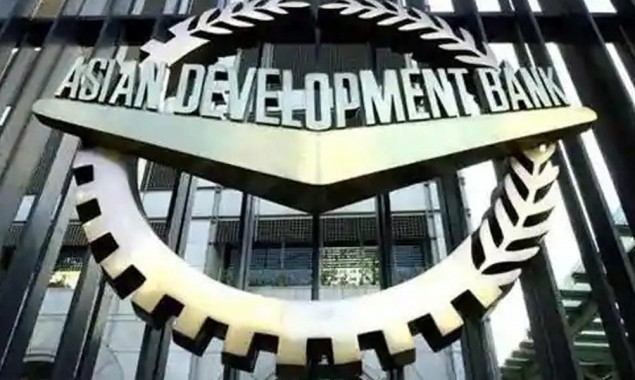Pakistan receives $1 billion loan from ADB, World Bank to fight COVID-19
The Asian Development Bank (ADB) and the World Bank has given by...

The Asian Development Bank (ADB) has warned that Global remittances will fall by 108.6 billion dollars if the Covid-19 economic impact persists throughout the year
A Recent report by ADB said Remittance receipts in Asia and the Pacific will fall by 54.3 billion dollars, equivalent to 19.8 percent of remittances in 2018.
By sub-region, remittances in South Asia are expected to fall furthest by 28.6 billion dollars (24.7 percent of 2018 receipts) followed by remittances to Central Asia (3.4 billion dollars, 23.8 percent), Southeast Asia (11.7 billion dollars, 18.6 percent) and east Asia ex-China and Japan (1.7 billion dollars, 16.2 percent).
The majority of the decline in remittance flows to the region is explained by a 22.5 billion dollars fall in remittances from the Middle East which accounts for 41.4 percent of total remittance loss in Asia.
This is followed by a 20.5 billion dollars slump in remittances from the United States (37.9 percent of total).
The fall in remittances from the European Union and the United Kingdom accounts for 6.3 percent of the total or 3.4 billion dollars. The decline from Russian Federation amounts to 2.1 billion dollars of which 2 billion dollars reflects the decline in remittances going to Central Asia.
By percentage, the Middle East and the Russian Federation experienced the sharpest decline — over a third — primarily reflecting the effects of low demand and oil prices on remittances.
Governments in the region could help manage the impact of Covid-19 on remittances by extending temporary social services to assist stranded and returning migrants, providing income support to poor remittance-recipient families, and designing health, labour and skills policies to help migrants return to their jobs or be employed in their home countries.
Catch all the Business News, Breaking News Event and Latest News Updates on The BOL News
Download The BOL News App to get the Daily News Update & Follow us on Google News.